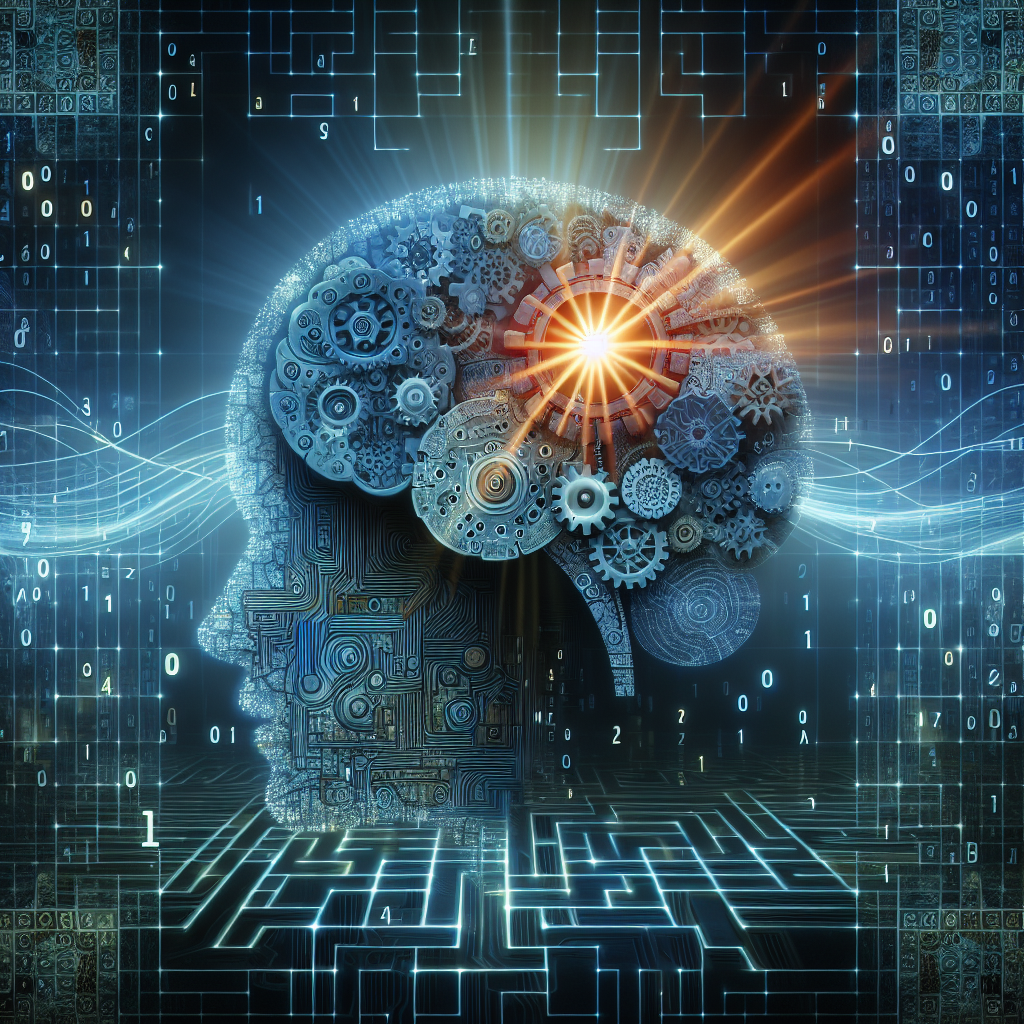Artificial Intelligence (AI) has revolutionized many industries, and mental health support is no exception. With the rise of mental health issues worldwide, AI-driven solutions are becoming increasingly important in providing timely and effective support to those in need. From chatbots to predictive analytics, AI technologies are being used to improve mental health outcomes, increase access to care, and reduce the stigma associated with seeking help.
One of the key benefits of AI-driven solutions for mental health support is the ability to provide personalized and scalable care. Traditional mental health services often face challenges in meeting the growing demand for care, leading to long wait times and limited resources. AI technologies can help bridge this gap by offering 24/7 support through chatbots and virtual therapists, allowing individuals to access help when they need it most.
Chatbots, in particular, have become a popular tool in mental health support. These AI-powered programs can engage with users in real-time, providing resources, information, and even therapeutic interventions. Chatbots are able to offer non-judgmental support and guidance, helping individuals to manage their mental health symptoms and connect with appropriate resources. Studies have shown that individuals are more likely to disclose sensitive information to a chatbot than to a human, making them an invaluable resource in mental health support.
Another key application of AI in mental health support is predictive analytics. By analyzing large datasets, AI algorithms can identify patterns and trends that may indicate the onset of mental health issues. This information can be used to proactively reach out to individuals at risk, offering early intervention and support before symptoms escalate. Predictive analytics can also help mental health providers allocate resources more effectively, ensuring that those in need receive timely and appropriate care.
AI technologies are also being used to enhance the effectiveness of traditional therapies. For example, AI-powered virtual reality (VR) programs are being used to simulate exposure therapy for individuals with phobias or PTSD. These programs can create realistic environments that allow individuals to confront their fears in a controlled and safe setting, helping to reduce anxiety and improve outcomes. Additionally, AI algorithms can analyze speech patterns and facial expressions to provide feedback on a user’s emotional state, helping therapists to tailor their interventions more effectively.
Despite the many benefits of AI-driven solutions for mental health support, there are also challenges and limitations to consider. Privacy and data security are major concerns, as AI technologies rely on collecting and analyzing sensitive information about individuals. It is crucial that mental health providers adhere to strict privacy regulations and ethical guidelines to protect the confidentiality of their clients’ data. Additionally, there is a risk of bias in AI algorithms, as they may reflect the biases of their developers or the data they are trained on. It is important for mental health providers to critically evaluate the accuracy and fairness of AI technologies before implementing them in practice.
In conclusion, AI-driven solutions have the potential to revolutionize mental health support by providing personalized, scalable care to individuals in need. From chatbots to predictive analytics, AI technologies offer innovative ways to improve mental health outcomes, increase access to care, and reduce stigma. While there are challenges and limitations to consider, the benefits of AI in mental health support are significant and have the potential to transform the way we approach mental health care in the future.
FAQs:
Q: Are AI-driven solutions for mental health support effective?
A: Studies have shown that AI-driven solutions can be effective in improving mental health outcomes, increasing access to care, and reducing stigma associated with seeking help. However, it is important to critically evaluate the accuracy and fairness of these technologies before implementing them in practice.
Q: Are AI technologies able to provide personalized care?
A: Yes, AI technologies can provide personalized care by analyzing individual data and tailoring interventions to meet the specific needs of each user. Chatbots, virtual therapists, and predictive analytics are just a few examples of how AI can offer personalized support in mental health.
Q: What are the limitations of AI in mental health support?
A: Privacy and data security, bias in algorithms, and ethical concerns are some of the limitations of AI in mental health support. It is important for mental health providers to address these challenges and ensure that AI technologies are used responsibly and ethically.
Q: How can individuals access AI-driven mental health support?
A: Many mental health providers offer AI-driven solutions as part of their services, including chatbots, virtual therapists, and predictive analytics. Individuals can access these technologies through online platforms, mobile apps, and telehealth services. It is important to research and choose reputable providers that adhere to privacy regulations and ethical guidelines.

